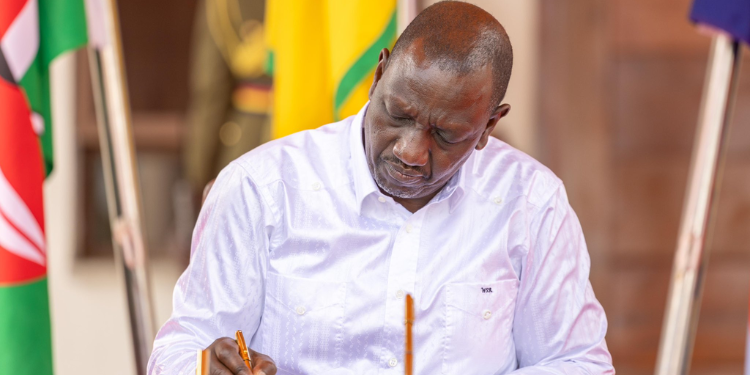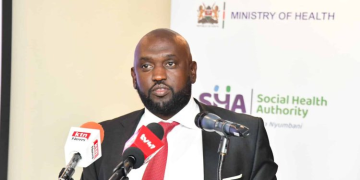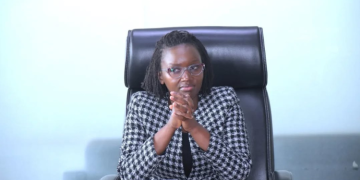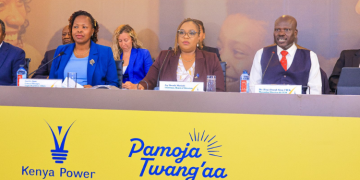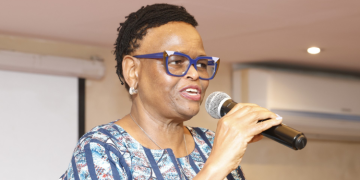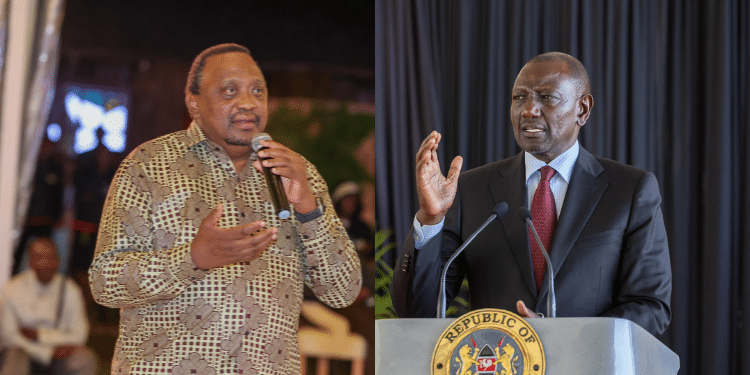The government, through the National Assembly’s Education Committee, has proposed reallocating Ksh 5.9 billion to cover examination fees for the Kenya Certificate of Secondary Education (KCSE) and other national exams.
This waiver, initially introduced by the then-President Uhuru Kenyatta in 2015, is set to be reinstated in the 2025/26 Financial Year following public outcry.
The budget, which is meant to support the administration and invigilation of national examinations—an item previously omitted from the budget estimates—would provide relief to parents, especially those from needy backgrounds.
While appearing before the Budget and Appropriations Committee, Education Chair Committee member Julius Melly stated that the proposed reallocation would be sourced from the recurrent capitation votes for Secondary Schools (Ksh 3 billion), Junior Schools (Ksh 2 billion), and Primary Schools (Ksh 900 million).
“Examinations are a critical component of our education system. Without proper funding, the credibility and effectiveness of the assessment process is at risk,” said Melly.
Parliament to Reallocate Funds for KSCE and Other Examinations
In addition to examination funding, the Education Committee requested Ksh 7.3 billion to facilitate the conversion of 20,000 intern teachers to permanent and pensionable terms upon the conclusion of their internship contracts later this year.
The change of heart by the government comes days after it emerged that no budget was allocated for examination preparation and invigilation.
Also Read: No KCSE This Year? Ministry of Education Fumbles to Explain Why There is No Exam Budget
Appearing before the Departmental Committee on Education and Research on Tuesday, May 13, 2025, Principal Secretary of the State Department for Basic Education, Julius Bitok, struggled to explain why no funds had been allocated for the KCSE examinations.
Committee Chairperson and Tinderet Member of Parliament Julius Melly expressed concern regarding the absence of examination allocations, describing it as a glaring omission in a sector where summative national exams are predictable and essential.
About Examination Fees Waiver
On his part, PS Bitok acknowledged the funding gaps and promised to consult with the Treasury and the Kenya National Examinations Council (KNEC) to address the issue.
“We assure the public that we are discussing with National Treasury to ensure that we address this issue,” said PS Bitok.
Also Read: Should Teachers Be Hired Based on Highest Academic Credentials or KCSE Mean Grade?
The examination fee waiver was introduced by then-President Uhuru Kenyatta in 2015 for students in public schools in Kenya.
It covered national examinations such as the Kenya Certificate of Primary Education (KCPE) and the Kenya Certificate of Secondary Education (KCSE).
The policy aimed to ensure that no student missed out on these critical exams due to financial constraints, supporting the government’s 100 percent school transition policy. In 2017, the waiver was extended to include students in private schools.
Follow our WhatsApp Channel and X Account for real-time news updates.







![14 Companies To Be Granted New Mining Licenses By Govt [Full List] Cs Joho Lists 14 Firms Seeking Mining Licences, Kenyans Given 42 Days To Respond]( https://thekenyatimescdn-ese7d3e7ghdnbfa9.z01.azurefd.net/prodimages/uploads/2025/11/Mining-CS-Hassan-Joho-touring-the-Voi-Gemstone-in-Taita-Taveta-County-on-Friday-August-16-2024.-PHOTOJoho-360x180.png)
